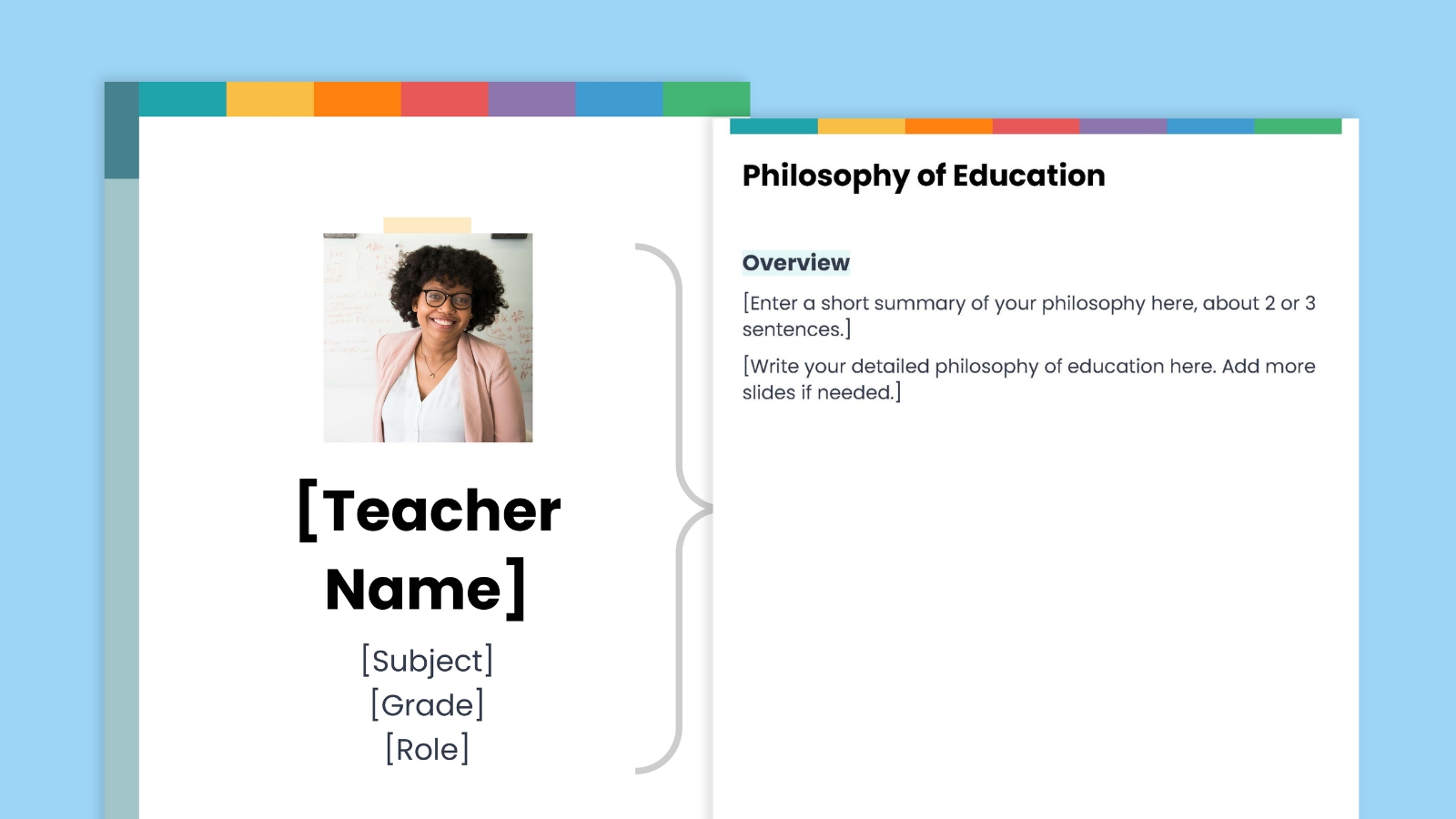
Key points:
- A strong PD model focused on growth is critical to student success
- Strategies to craft effective PD for schools and districts
- Equitable access to AI is a problem–the solution is professional learning
- For more news on PD, visit eSN’s Educational Leadership hub
In this Q&A, eSchool News chats with Andi Morency, founder and executive director/principal of The Honors Academy of Literature in Reno, Nevada.
What does your school’s PD model look like right now?
At The Honors Academy of Literature, we are very intentional about supporting the continuous growth of our teachers. As such, we created a professional development model that focuses on providing:
- Ongoing opportunities for teachers to participate in professional learning. This includes in-person and tech-enabled learning that is specifically focused on strengthening culturally responsive teaching, differentiated instruction, and inclusive practices.
- Math support. In addition to the areas above, we provide our teachers with targeted professional development to help them strengthen their math instruction, particularly as it aligns with helping students master skills related to concepts and procedures.
- Help with data-driven decision making. We use the Data Wise Improvement Process school-wide to assist our teachers in making evidence-based decisions. This eight-step model is centered on collaboration to help improve both teaching and learning.
- Collaborative teaching opportunities. Built into our professional development model is dedicated time for educators to work together to plan, execute, and assess lessons.
As we’re looking at the future of teaching and learning, when it comes to PD, what are your priorities for the educators in your school?
We are always looking at ways to best support our teachers so they, in turn, can best serve our students. And, providing ongoing, robust professional development is essential to this.
With our professional development model and innovative use of technology, our overarching goals are to help our teachers build instructional capacity; enhance their skills in delivering personalized learning; further develop their proficiency in implementing new technologies; and strengthen their abilities in supporting diverse learners, especially given our school’s higher-than-average population of students with IEPs.
What can happen re: student learning when a school or district has a strong professional development framework in place?
A strong professional development framework can directly impact both teaching and learning. It helps boost teachers’ capacity to differentiate and personalize their teaching to meet individual student needs, ultimately leading to improved academic outcomes for students, particularly in critical subjects like math.
Through ongoing professional development, teachers develop the skills to create more engaging and innovative learning experiences, as well as more dynamic classroom environments, to support all students.
AI is certainly dominating headlines these days. How are your teachers using the AI Coach platform by Edthena to support their professional growth? What benefits do you see coming from AI coaching for PD? Are there specific areas AI can expand that have traditionally been difficult for other PD approaches to touch?
We implemented the AI Coach platform as part of our innovative peer coaching model to further enhance instructional practices. This peer coaching model consists of three cycles throughout the year to provide teachers with numerous opportunities for reflection and professional growth.
The process begins with teachers recording a lesson and uploading a lesson to the AI Coach platform, which uses conversational AI to help teachers analyze the video based on our professional rubrics and teaching standards as well as receive personalized tips and resources for improvement. This provides teachers with the opportunity to self-reflect on–and really delve into–their practice.
Following the AI analysis portion of the cycle, teachers share their videos on the Edthena VC3 video coaching platform so their peers can review the lesson through the lens of specific strategies highlighted in our rubrics. This peer review process allows for human insights and contextual understanding, which complements the AI coaching.
Teachers then engage in structured discussions using observations from both the AI and peer coaching portions of the cycle as talking points. These conversations aim to identify effective teaching strategies, areas for improvement, and innovative instructional approaches. From these discussions, teachers collaboratively set specific goals for enhancing their practices before starting the next cycle.
By implementing AI Coach, teachers are given the opportunity to self-reflect on their practice and receive additional support before collaborating with their peers. This provides an extra layer to the peer coaching process as teachers continuously work to monitor their progress, implement new strategies, and refine their teaching methods.
The benefits of this approach are substantial: it provides objective initial feedback from AI, incorporates diverse perspectives through peer reviews, fosters focused discussions on teaching strategies, encourages continuous improvement, and enhances collaboration among faculty.
Have you experienced any pushback or uncertainty from educators around AI coaching for PD? If so, how have you addressed those concerns?
While AI may raise a lot of questions for school leaders and teachers, using AI for teacher PD doesn’t have to be “scary” when it is implemented thoughtfully. For us, it was low risk with the potential for high reward.
We were very clear with our teachers about how AI coaching would be used and how it would complement–not replace–the peer-to-peer and in-person coaching they were already receiving. With this understanding in place and with our shared commitment to professional growth, we’ve been able to create a supportive environment focused on continuous improvement so that we can best support our students.
In this Q&A, eSchool News chats with Andi Morency, founder and executive director/principal of The Honors Academy of Literature in Reno, Nevada. Educational Leadership, Featured on eSchool News, Teacher Professional Development, districts, educational leadership, eSchool News, leadership, news, PD, principal, school, student, visit eSchool News









